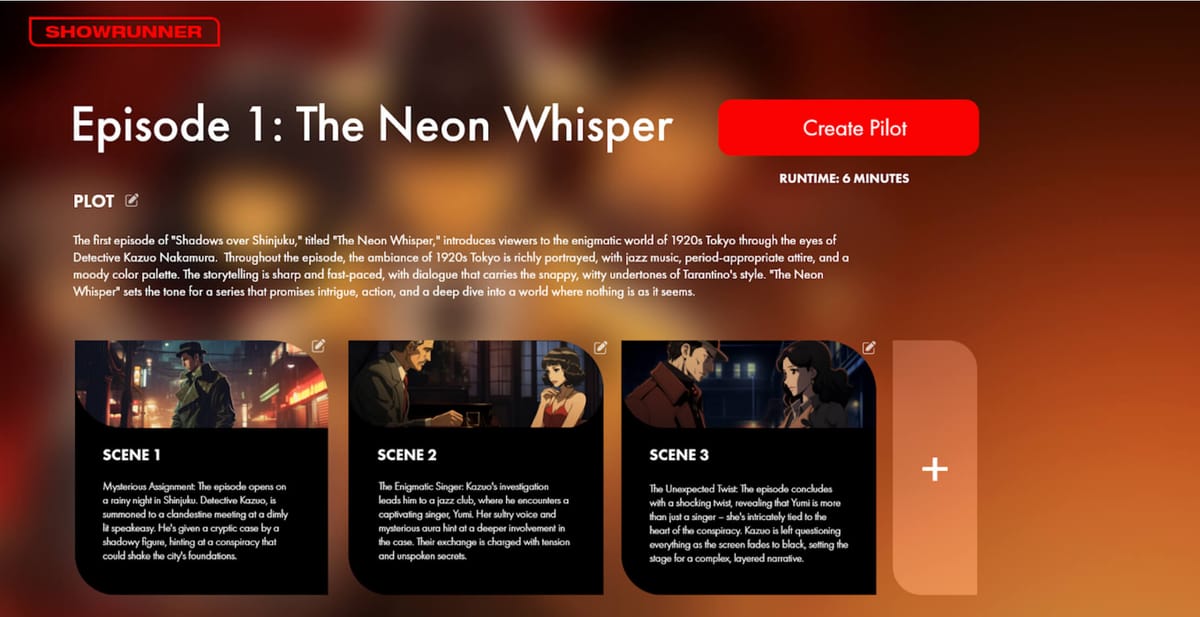
The history of Hollywood has always been intertwined with technological innovation. From the advent of Technicolor to the digital revolution, the film industry has often been at the forefront of embracing and pioneering new tools that reshape the way movies are made and consumed.
In the 1970s, the introduction of Sony's Betamax cassettes and the subsequent rise of home video recording marked a significant shift, creating a new mass market for entertainment. Video rental stores proliferated, forever altering how audiences engaged with films.
Groundbreaking advancements in camera technology and special effects have also left an indelible mark on the industry. Blockbusters of the '80s and '90s, such as Star Wars, Back to the Future, and Jurassic Park, leveraged these innovations to captivate audiences and push the boundaries of storytelling.
In recent years, we've seen Hollywood embrace virtual reality to create immersive experiences and AI (like de-aging technology) that has allowed filmmakers to craft experiences that were previously impossible.
Now, as Hollywood stands on the precipice of a new era, it finds itself grappling with the rise of generative AI. The potential of this technology to revolutionize content creation is simultaneously exhilarating and unsettling, sparking heated debates about its implications for jobs, creativity, and the very essence of filmmaking.
Well, brace yourself Hollywood. Generative AI is not just knocking on your door; it's about to barge in and rewrite the script (I couldn't help it). Meet Showrunner, a new platform from Fable Studio that is making an audacious bet that could fundamentally change how we engage with and create television content.
Showrunner, dubbed the "Netflix of AI," is a platform that not only streams AI-generated shows but also hands the creative reins to viewers, allowing them to craft their own episodes with just a few simple prompts. This innovative approach promises to blur the line between consumer and creator, potentially upending traditional models of content production and distribution.
Imagine a future where you're not just a passive viewer, but an active participant in your favorite shows. Yes, I'm sure you too could've written a better Game of Thrones finale.
How does it work?
Creating an episode is designed to be simple. Users input a prompt of 10-15 words, and Showrunner generates scenes and episodes ranging from 2-16 minutes, complete with AI-generated dialogue, voice acting, editing, and consistent characters. More hands-on users can dive deeper, editing scripts, shots, and voices to refine their creation.
This level of interactivity and personalization could redefine our relationship with television, transforming it from a one-way medium into a dynamic, collaborative experience.
What can you create?
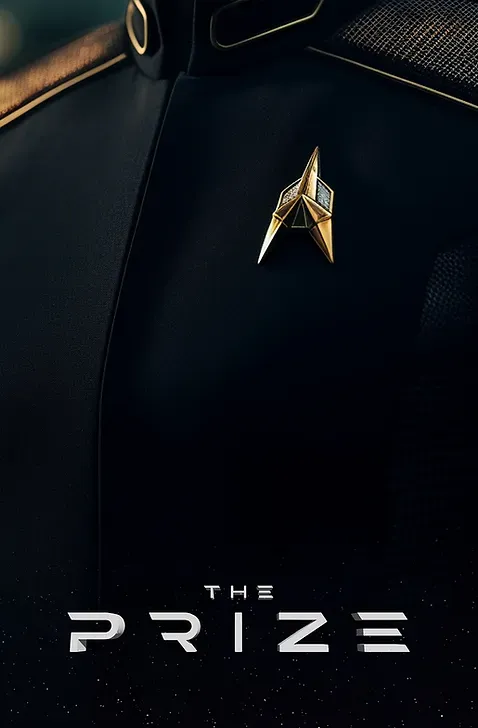
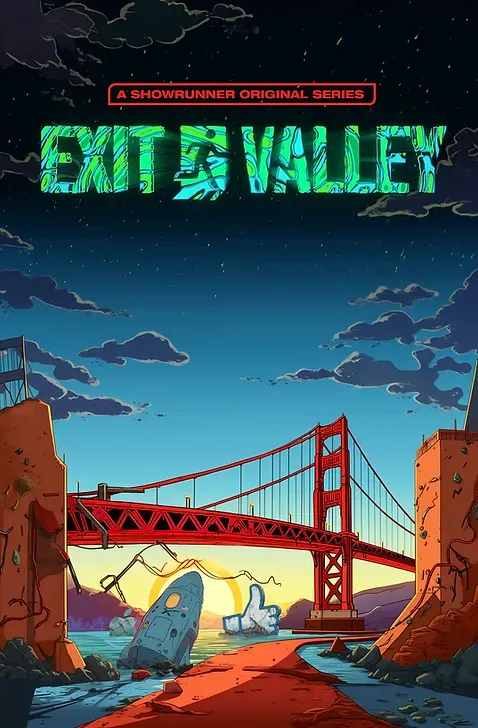
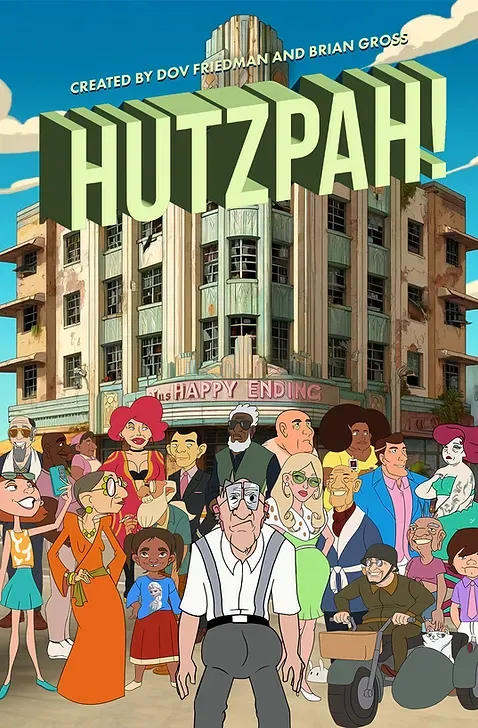
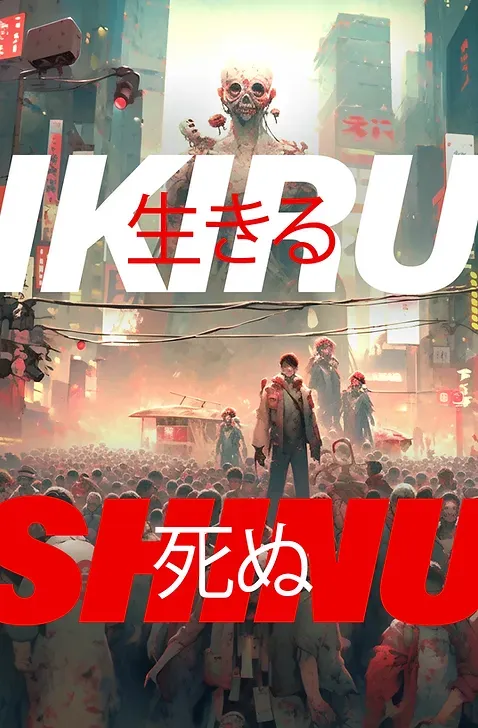
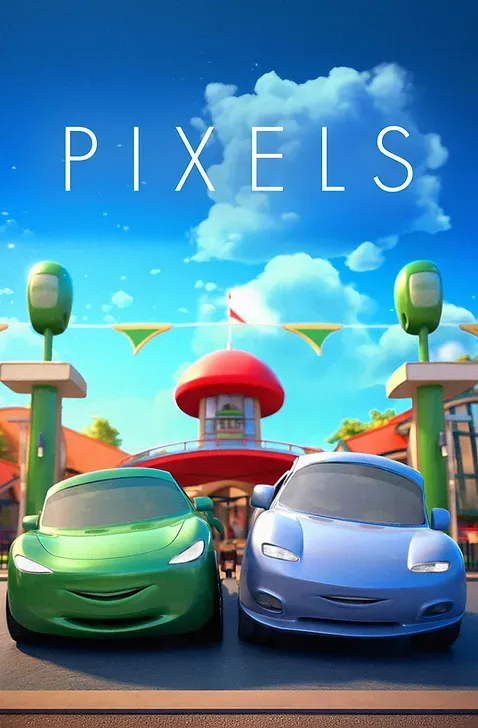
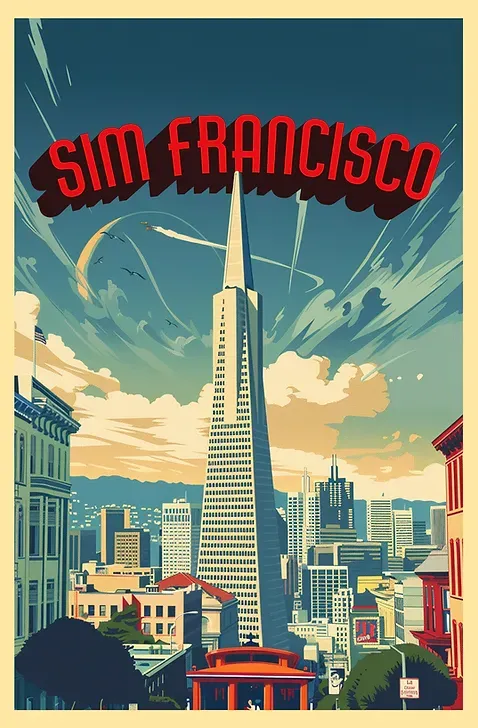
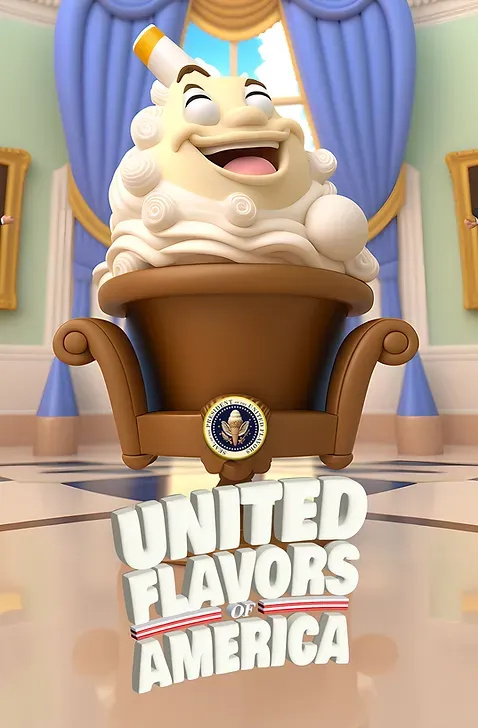
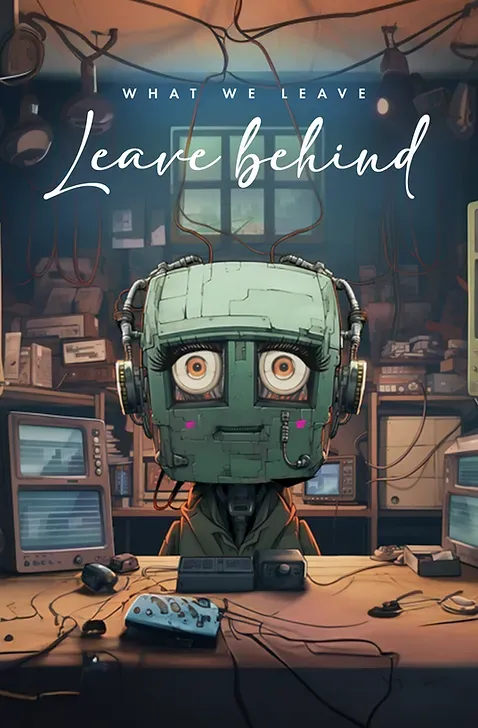

Unfortunately, your ambitions to rewrite Game of Thrones will have to wait—for now at least. Showrunner has announced 10 TV shows made with its text-to-episode system. The shows, which have a mix of different styles, from anime to Pixar-style, and the cutout style of 'South Park', include:
- Exit Valley, a vicious Silicon Valley satire
- Pixels, a gentle family comedy about AI-enabled devices
- What We Leave Behind, an anime family drama
- Ikiru Shinu, a dark horror anime
- United Flavors of America, a political satire of US politics
- The Prize, a spaceship-set story
- Hutzpa!, a comedy about a widower in a senior home
- Sim Francisco, an anthology show about people living in a virtual world
- Shadows over Shinjuku, a 1930s anime detective noir drama
- Thistle Gulch, a Western with a twist
Fable Studio CEO Edward Saatchi envisions a future where entertainment is a two-way street. "The next Netflix won't be purely passive. You will be at home, describe the show you'd like to watch and within a minute or two start watching," he says. "Finish a show that you enjoy and make new episodes, and even put yourself and your friends in episodes."
What's the catch?
AI has a way to go yet. Saatchi admits it can't handle long, epic story arcs like 'Game of Thrones' or 'Breaking Bad'. It's better suited to episodic content where characters reset each time, like sitcoms or police procedurals. It's also animation-only for now, but Saatchi believes live-action is on the horizon.
While Showrunner could open up storytelling to a whole new group of creators, some worry it will hurt the demand for production professionals. There are also concerns about the use of copyrighted materials to train the AI. Fable maintains that Showrunner will restrict the use of existing IP.
What's Next?
Despite these constraints, Showrunner has piqued Hollywood's interest. Filmmakers are exploring the tool's potential to create episodes or even entire series. The best user-created episodes may be adopted into official seasons, with creators receiving payments and revenue sharing if their show is picked up by a streamer.
As Saatchi puts it, "It's become consensus to say that AI is 'just' a tool in the toolbox, merely another stage of VFX technology. We believe it's a much more radical disruption, and that Hollywood will make two-way entertainment."
While the future of generative AI in entertainment is still unfolding, Showrunner offers a glimpse into a world where the line between creator and consumer is blurred, and anyone with an idea can bring their stories to life. Is co-creation the future of media?

